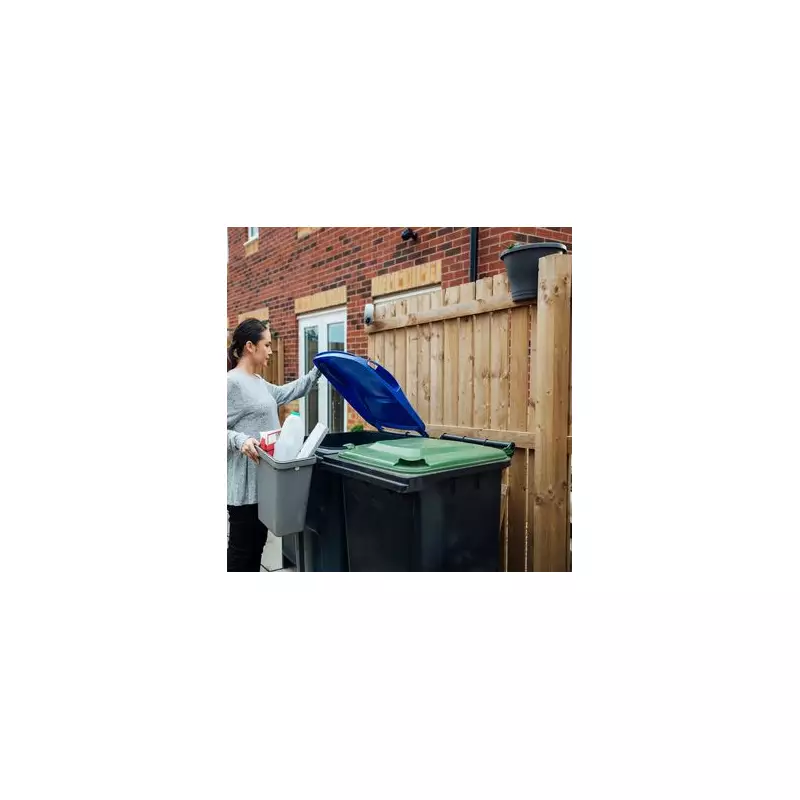
A quiet street has become the battleground for a furious neighbourly dispute, all centred on one household's 'disgusting' bin habits that residents claim have unleashed a plague of maggots and flies.
Frustrated locals say the unidentified neighbour consistently puts their general waste bin out days, and sometimes even a full week, before the scheduled collection. This has resulted in overflowing rubbish, a putrid stench that permeates the air, and a serious infestation of insects that is affecting multiple homes.
'It's a Public Health Hazard'
One exasperated resident took to social media to vent their frustration, seeking advice from the community. They described the situation as a 'public health hazard,' explaining that the early-placed bin becomes a magnet for pests.
'The bin is literally full of maggots and flies,' they wrote. The issue is compounded during the summer months when the heat accelerates the decay of the waste, making the smell unbearable and the infestation worse.
A Festering Community Row
The heart of the problem lies in the council's collection rules. While bins are typically collected on a specific day, residents are advised to put them out only the night before or by 6 am on the morning of collection to prevent such problems.
Despite attempts to reason with the neighbour, the individual continues the anti-social practice, leaving others on the street to suffer the consequences. The online post garnered significant sympathy, with many commenters labelling the behaviour 'selfish' and 'inconsiderate.'
Suggested solutions ranged from further direct communication and reporting the issue to the local environmental health department, to more drastic measures like moving the bin back onto the offender's property.
The Broader Problem of Bin Etiquette
This incident sheds light on a common and often tense aspect of UK suburban life: bin etiquette. Disputes over recycling, incorrect waste disposal, and the timing of putting bins out are frequent sources of friction between neighbours.
While it may seem trivial to some, this story underscores how shared spaces and communal responsibilities can quickly become flashpoints, turning peaceful streets into zones of conflict over overflowing waste and unwanted pests.





